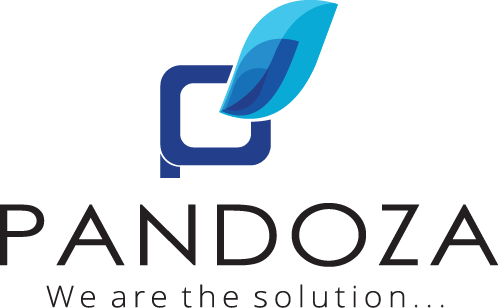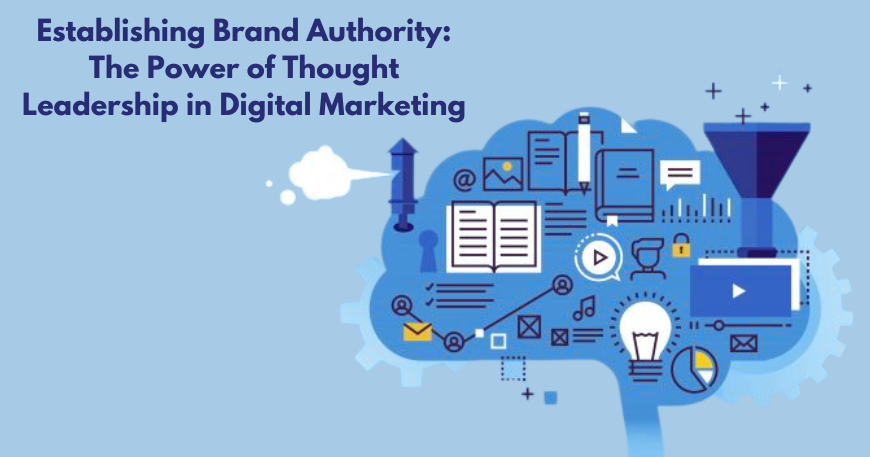Introduction: In today’s highly competitive digital landscape, establishing brand authority is crucial for digital marketers and businesses seeking to stand out from the crowd. One effective strategy to build credibility, gain trust, and attract a loyal audience is through thought leadership. In this blog post, we’ll explore the concept of thought leadership in digital marketing and discuss actionable steps to position yourself or your brand as a trusted authority in your industry. Join us as we uncover the power of thought leadership and its impact on building a strong and influential digital presence.
- Understanding Thought Leadership in the Digital Age: Define thought leadership and its relevance in the digital marketing realm. Discuss how thought leaders differentiate themselves by sharing valuable insights, unique perspectives, and innovative ideas within their industry.
- Identifying Your Niche and Expertise: Explore the importance of identifying a specific niche or area of expertise to establish yourself as a thought leader. Discuss strategies for determining your unique value proposition and leveraging your strengths to provide valuable knowledge and insights.
- Creating Compelling Content: Highlight the significance of content creation in thought leadership. Discuss the types of content that resonate with your target audience, such as blog posts, whitepapers, videos, podcasts, or social media posts. Provide tips for creating high-quality, engaging, and shareable content that showcases your expertise.
- Leveraging Industry Trends and Insights: Discuss the importance of staying informed about industry trends and developments. Explain how thought leaders can leverage their knowledge and insights to provide valuable commentary and analysis on relevant topics, positioning themselves as trusted sources of information.
- Building a Strong Online Presence: Examine the role of a strong online presence in thought leadership. Discuss strategies for optimizing your website, leveraging social media platforms, participating in industry forums and discussions, and guest posting on reputable industry websites to expand your reach and visibility.
- Engaging with Your Audience: Explore the significance of actively engaging with your audience to build thought leadership. Discuss strategies for responding to comments, questions, and inquiries, hosting webinars or Q&A sessions, and participating in relevant industry events and conferences.
- Networking and Collaboration: Highlight the benefits of networking and collaboration in thought leadership. Discuss the importance of building relationships with influencers, experts, and other thought leaders in your industry. Explore opportunities for collaboration, such as co-creating content, conducting interviews, or participating in panel discussions.
- Speaking Engagements and Webinars: Discuss the impact of speaking engagements and webinars in establishing thought leadership. Share tips for securing speaking opportunities at industry conferences, webinars, or hosting your webinars to share your expertise and connect with a broader audience.
- Consistency and Authenticity: Emphasize the importance of consistency and authenticity in thought leadership. Discuss the need to maintain a consistent brand voice, uphold ethical standards, and demonstrate genuine passion and commitment to your chosen industry.
- Measuring Your Thought Leadership Impact: Explain how to measure the impact of your thought leadership efforts. Discuss metrics such as website traffic, engagement rates, social media mentions, industry recognition, and client inquiries to gauge the effectiveness of your thought leadership strategies.
Conclusion: Becoming a thought leader in the digital marketing industry requires a strategic approach, consistent effort, and a genuine desire to share valuable insights and expertise. By establishing brand authority through thought leadership, you can elevate your digital presence, attract a loyal audience, and unlock new opportunities for business growth. Embrace the role of a thought leader, provide valuable content, engage with your audience, and watch your influence and impact in the digital marketing world soar.






